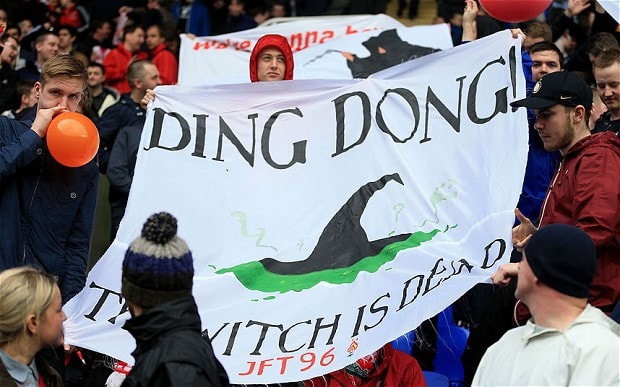The Hidden Abode
On The Boy (2016). Spoilers, and CW for references to psychological and physical abuse.
 The Boy, a film from 2016, written by Stacey Menear and directed by William Brent Bell, has been largely-forgotten, but deserves better. It tries to be to patriarchy what Get Out, released the following year, would be to racism.
The Boy, a film from 2016, written by Stacey Menear and directed by William Brent Bell, has been largely-forgotten, but deserves better. It tries to be to patriarchy what Get Out, released the following year, would be to racism.
The film was marketed as a specimen of the creepy haunted doll subgenre of supernatural Horror, which enjoyed a rather half-hearted renaissance in the wake of the massive success of The Conjuring in 2012, and its breakout star (and best actor) Annabelle. The Boy spends a good part of its first two acts pretending to be just such a creepy haunted doll movie… though precisely how hard its pretending is open to question, as we will see.
It’s a surprise to me that I like this film as much as I do. Firstly, the director, William Brent Bell, is generally a purveyor of crap. Misogynistic crap, in one marked instance. Secondly, The Boy does things which I generally – and ideologically – dislike. It has a ‘twist’ ending which…
If you’re reading on, I’m assuming you have either seen the movie or don’t care
…which supposedly recontextualizes the entire film, and makes it clear that, while you may have thought you were watching a story about a creepy haunted doll, you were actually watching a story with no supernatural elements whatever, beyond the usual implausibilities built into most movies via the aesthetic ideology of ‘realism’.
I do not like ‘twist’ endings. I especially do not like ‘twist’ endings which also function as ‘narrative substitution’. Like fourth wall breaking, I generally find narrative substitution to be a cheap trick which can give the appearance of cleverness while actually saying very little, and generally unravelling the text’s coherence of theme and character development.
I do not like stories which appear to be supernatural but which turn out to have a ‘natural’ explanation. I do not even particularly like stories which maintain an ambiguity as to whether or not the events of the story are supernatural. Firstly, such stories tend to cheat. The ambiguity tends to be a pretence. In order to manufacture the supposed ambiguity the story must impose an overpowering natural reading, even if it pretends not to.
More importantly, for me, by undermining or eschewing the supernatural, a supernaturally-inflected film cheats itself of the vast and fertile potentialities of polysemy that is the uncanny, the symbolic, and the truly irrational, confining itself instead to the banal personal irrational of the individual disordered psyche. The great strength of uncanny storytelling is that it deals with the generalised irrational. Irrationality as society, as history, as life. It depicts characters experiencing a world that is irrational – and hopelessly so – all around them, and deep in its structure. I am convinced that this hits closer to a true and visceral expression of the experience of living in modernity.
The Boy does all the stuff I dislike. Its twist recontextualises the film, substitutes one narrative for another, and removes the supernatural from the story, substituting one disordered psyche for what looked like an irrational universe. …

 This is post is kindasorta both a Tricky Dicky and a Psychic Landscape entry. It doesn’t quite fit into either series, but should – hopefully – be read in the context of them.
This is post is kindasorta both a Tricky Dicky and a Psychic Landscape entry. It doesn’t quite fit into either series, but should – hopefully – be read in the context of them. Yes, I use the Oxford comma. I use it because it is sensible, stylish, and clarifying.
Yes, I use the Oxford comma. I use it because it is sensible, stylish, and clarifying.